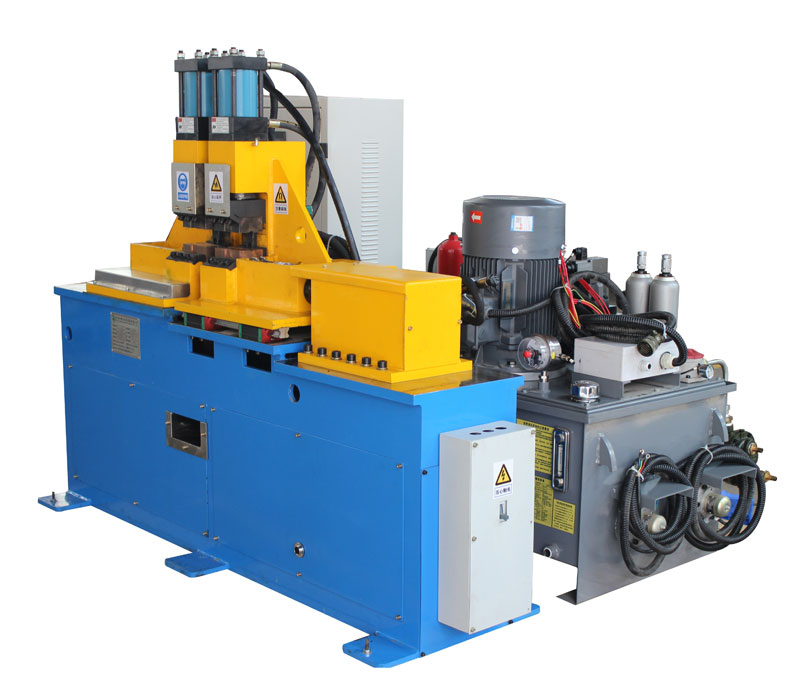Composition of Butt Welding Machine’s Structural System?
The structural system of a butt welding machine is a well-organized assembly of various components that collectively contribute to the machine’s functionality and performance. Understanding the composition of this structural system is essential for welders and professionals in the welding industry to grasp the machine’s intricate design and operation. This article delves into the composition of the butt welding machine’s structural system, highlighting the key components that make it a robust and efficient welding tool.
- Machine Frame: The machine frame forms the foundation of the structural system. It is typically constructed from high-quality steel or other robust materials, providing the necessary stability and support for the entire machine.
- Clamping Mechanism: The clamping mechanism is a critical component responsible for holding the workpieces firmly in place during the welding process. It ensures precise alignment and fit-up, enabling uniform and consistent welds along the joint.
- Welding Head Assembly: The welding head assembly is designed to hold and control the welding electrode. It facilitates the precise positioning and movement of the electrode, allowing for accurate electrode placement on the joint interface.
- Control Panel: The control panel is the central command center of the butt welding machine. It provides operators with easy access to adjust welding parameters, monitor welding progress, and set welding cycles, contributing to efficient machine operation.
- Cooling System: To prevent overheating during prolonged welding operations, the butt welding machine is equipped with a cooling system. It ensures that the machine remains at an optimal temperature, supporting continuous and reliable welding.
- Safety Features: Safety features are an integral part of the structural system to prioritize the well-being of operators and prevent accidents. Emergency stop buttons, interlocks, and protective guards are common safety components incorporated into the machine design.
- Electrode Holder: The electrode holder securely holds the welding electrode and facilitates its movement during welding. It ensures that the electrode remains in the correct position for consistent weld bead formation.
- Power Supply Unit: The power supply unit provides the necessary electrical energy to generate the welding current required for fusion during the welding process. It is a fundamental element that drives the welding operation.
In conclusion, the structural system of a butt welding machine is a well-engineered assembly of components that collectively contribute to its performance and functionality. The machine frame, clamping mechanism, welding head assembly, control panel, cooling system, safety features, electrode holder, and power supply unit are key components that make the butt welding machine a reliable and efficient welding tool. Understanding the composition of the structural system is crucial for welders and professionals to operate the machine effectively, achieve precise welds, and contribute to advancements in welding technology. Emphasizing the significance of each component supports the welding industry in meeting diverse industrial needs and attaining excellence in metal joining applications.
